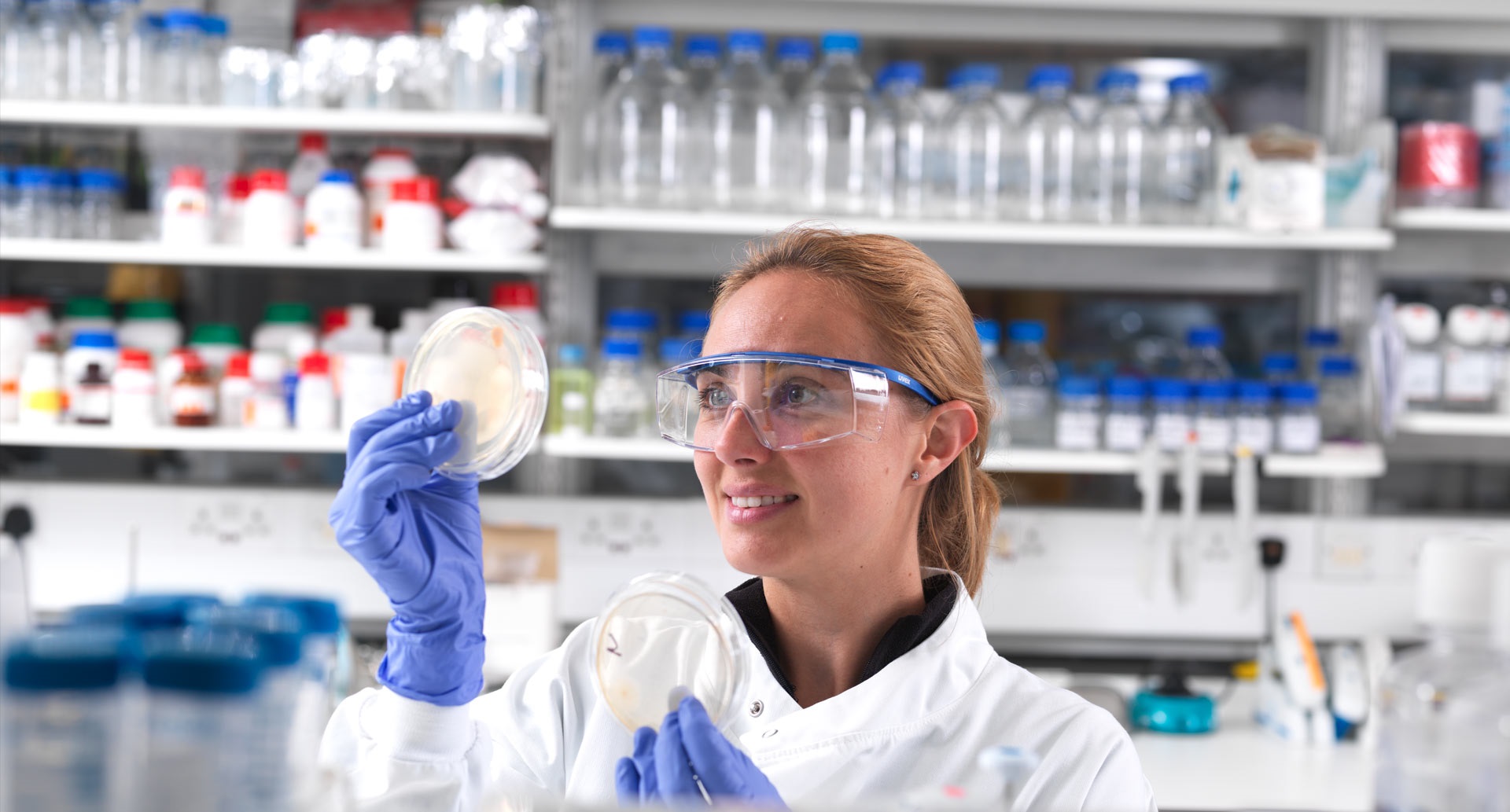Scientists have uncovered a protein that acts like a ‘suit of armour’ for cancer cells, shielding them from hostile environments and allowing one of the deadliest forms of skin cancer to spread through the body.
A team of researchers from The Institute of Cancer Research, London, has identified that a protein called SLC7A11 protects melanoma cells from damage as they pass through stressful environments in the body – allowing them to grow and spread unchecked.
The findings could open new avenues of research to disable the disease’s defences, offering fresh hope for thousands of patients.
The discovery, published in the journal Cell Reports, could also lead to new tests to spot these aggressive tumours.
Shielding cells from damage
Normally, cells are vulnerable to a process called oxidative stress – a kind of internal ‘rusting’ that damages and destroys them.
In research funded by Cancer Research UK, UK Research and Innovation (UKRI), Worldwide Cancer Research, Breast Cancer Now and Barts Charity, the team grew melanoma tumours in the lab. They saw that the more aggressive cells in the tumour – those around the border, with a rounder shape which enables them to invade other tissues – produced high amounts of the protein SLC7A11, which protects against oxidative stress.
They found that SLC7A11 acts not only as a protective shield against oxidative stress, but also as a suit of armour, controlling the cytoskeleton of the cancer cells – a structure that helps them become mobile and aggressive. When they knocked out the protein and stopped it from working, the cells were less round, and less able to grow and invade.
Blocking the ‘suit of armour’ protein
The team treated the melanoma tumours in the lab with drugs that inhibit SLC7A11 – after 72 hours, almost 75 per cent of the cells had died.
The ICR researchers hope that targeted SLC7A11 inhibitors can be developed in the future and trialled for the treatment of melanoma.
The role of antioxidants
Oxidative stress is a process that can be counteracted with antioxidants. The team found that when they treated the melanoma cells with the antioxidant glutathione, the cells became rounder – the more aggressive shape.
The antioxidant even protected the cells from damage caused by oxidative stress when the SLC7A11 protein was knocked out.
Antioxidant supplements have become popular and can be bought over the counter. The researchers therefore urge caution for patients with melanoma when taking any antioxidant supplements that could contain larger doses than recommended by health organisations.
The ICR – which is both a research institute and a charity – is helping more people survive melanoma skin cancer. Give a monthly donation to help us uncover how melanoma develops, grows and spreads – so we can develop new treatments to stop it in its tracks, and save more lives.
‘A warning sign’
Professor Victoria Sanz-Moreno, Professor of Cancer Cell and Metastasis Biology at The Institute of Cancer Research, London, who led the study said:
“Our study has helped us to better understand how some cancer cells protect themselves from the stresses they encounter as they attempt to spread around the body. This could lead to new ways to identify and treat aggressive melanoma.
“High levels of the SLC7A11 protein seems to be a warning sign that a tumour is likely to spread. We have shown in the lab that targeting this protein leaves the cancer cells exposed and vulnerable to oxidative stress, blocking their ability to invade other tissues.
“If we take away the melanoma cells’ shield and armour, we could stop cancer in its tracks.
“Importantly, we’ve also shown that even if you remove the shield and armour, antioxidants can boost the aggressive nature of melanoma cells. We therefore urge caution when taking these over-the-counter supplements.”
‘New lines of attack against melanoma’
Professor Kristian Helin, Chief Executive of The Institute of Cancer Research, London, said:
“We know that cancer is most deadly once it has spread. Finding ways to stop cancer from spreading around the body is crucial to give patients more time living well. I hope this research opens the door to new lines of attack against melanoma in the future.”
‘Complex relationship between antioxidant supplements and cancer’
Dr Dani Edmunds, Research Information Manager at Cancer Research UK, said:
“Once cancer starts spreading, treatment options become more limited. The earlier we can stop it from spreading, the better the chances of long-term survival.
“It’s promising to see that melanoma skin cancer could be stopped from spreading by stripping away its defences. While this is early-stage research, future clinical trials could help us understand how this approach works in the body and how best we can use it to save and improve lives.
“This research also highlights the complex relationship between antioxidant supplements and cancer. We know that eating a healthy balanced diet can help to reduce the risk of cancer. If you have been diagnosed with cancer, we strongly advise talking to your doctor before taking any over-the-counter health supplements.”
